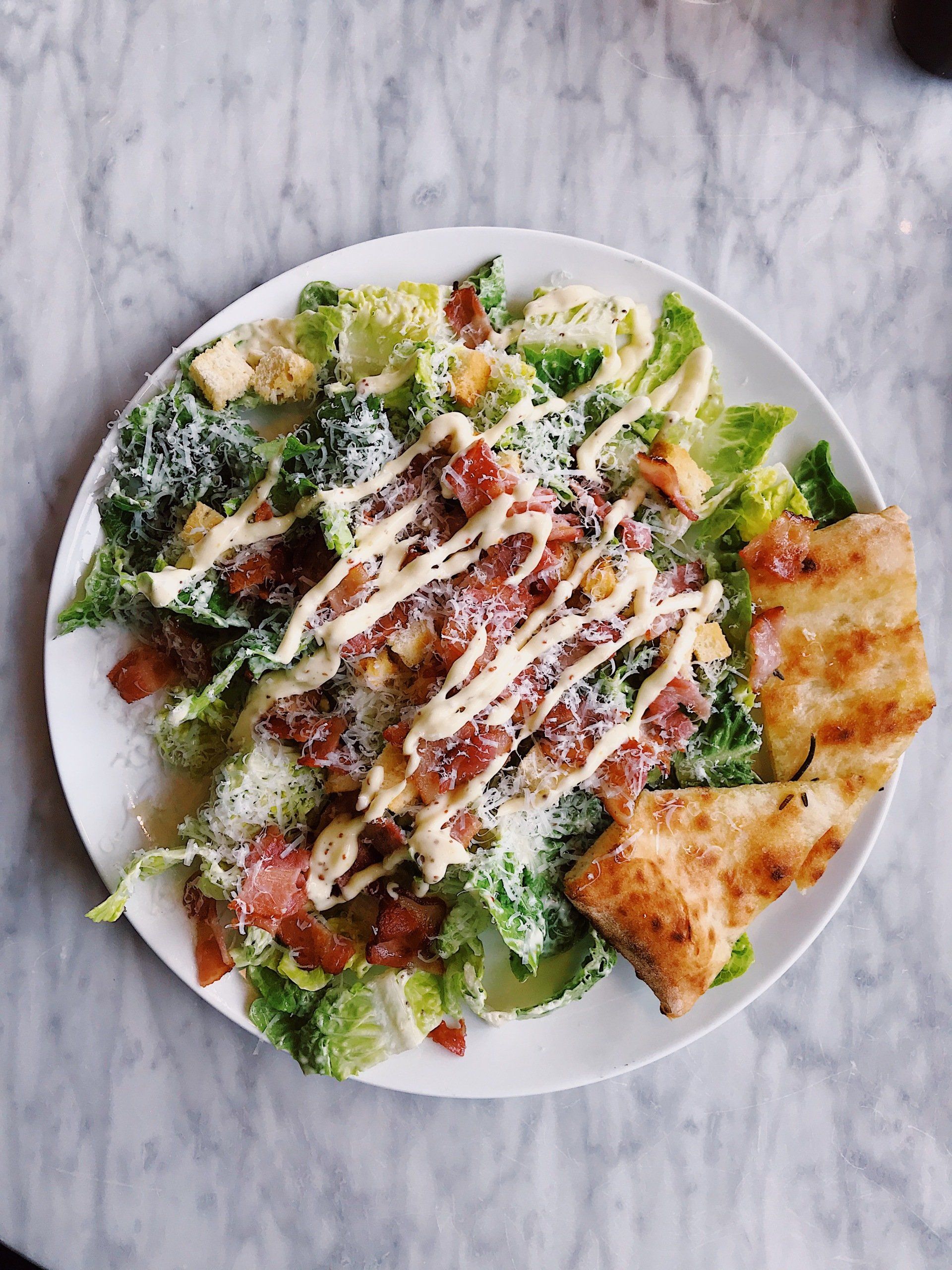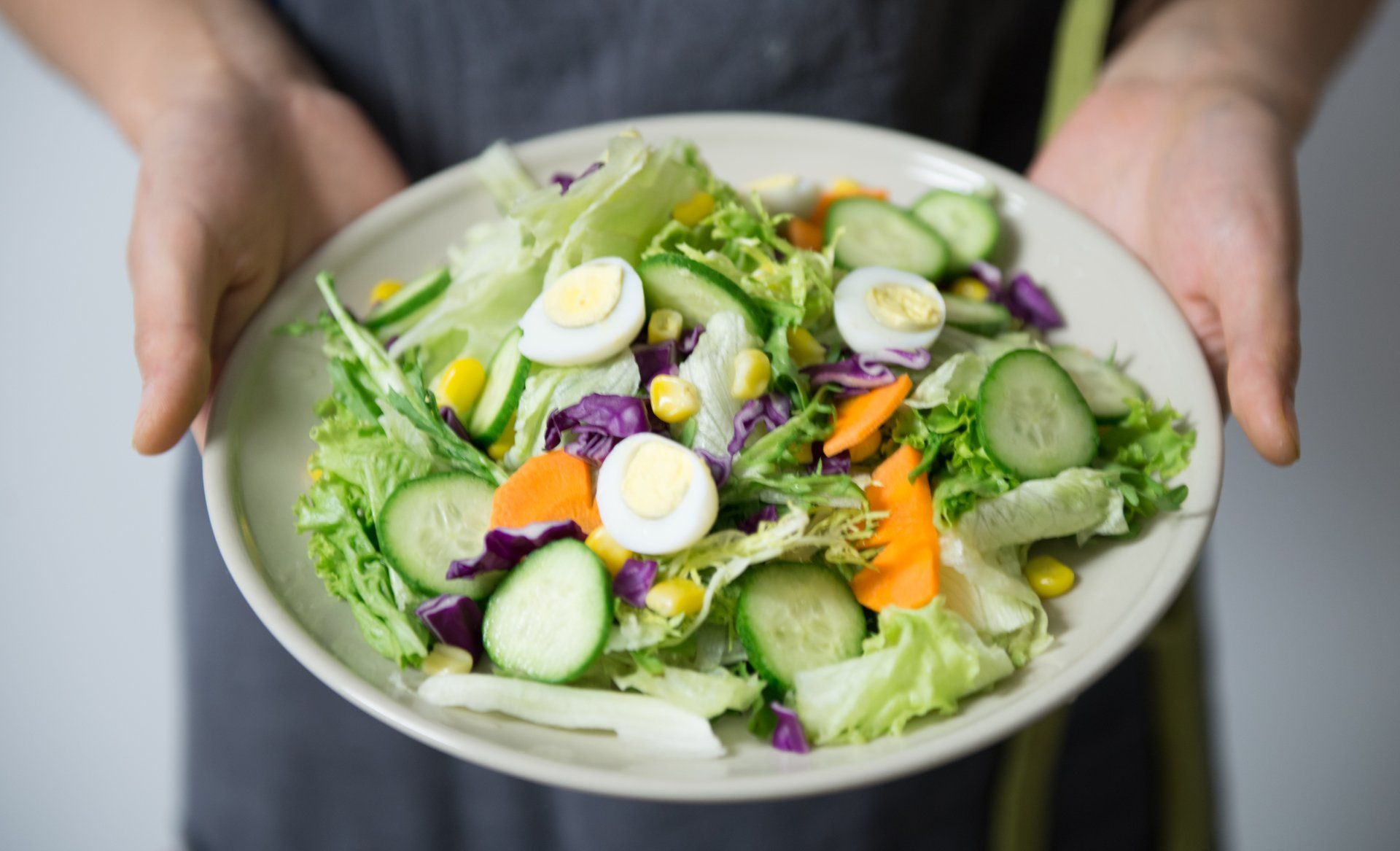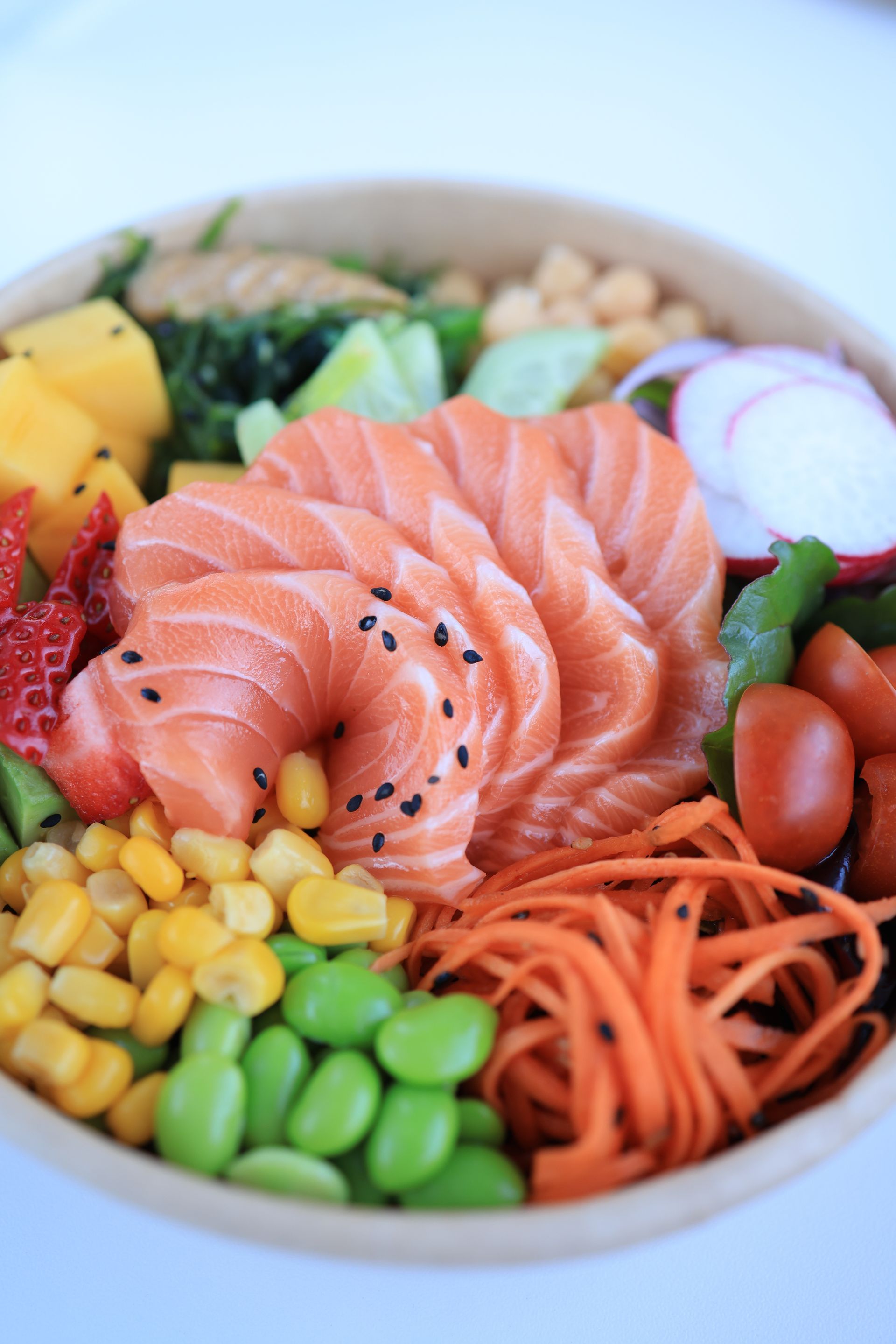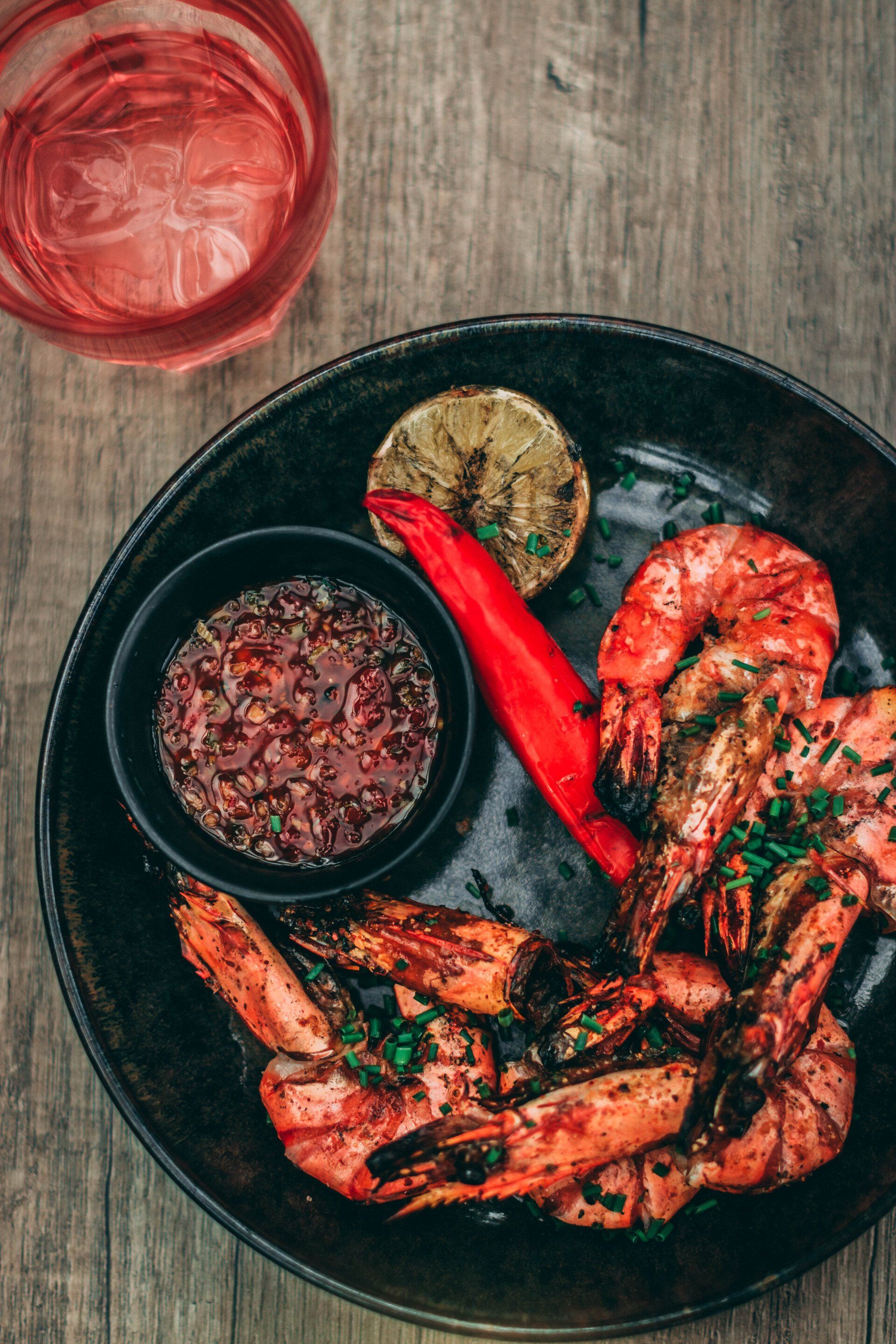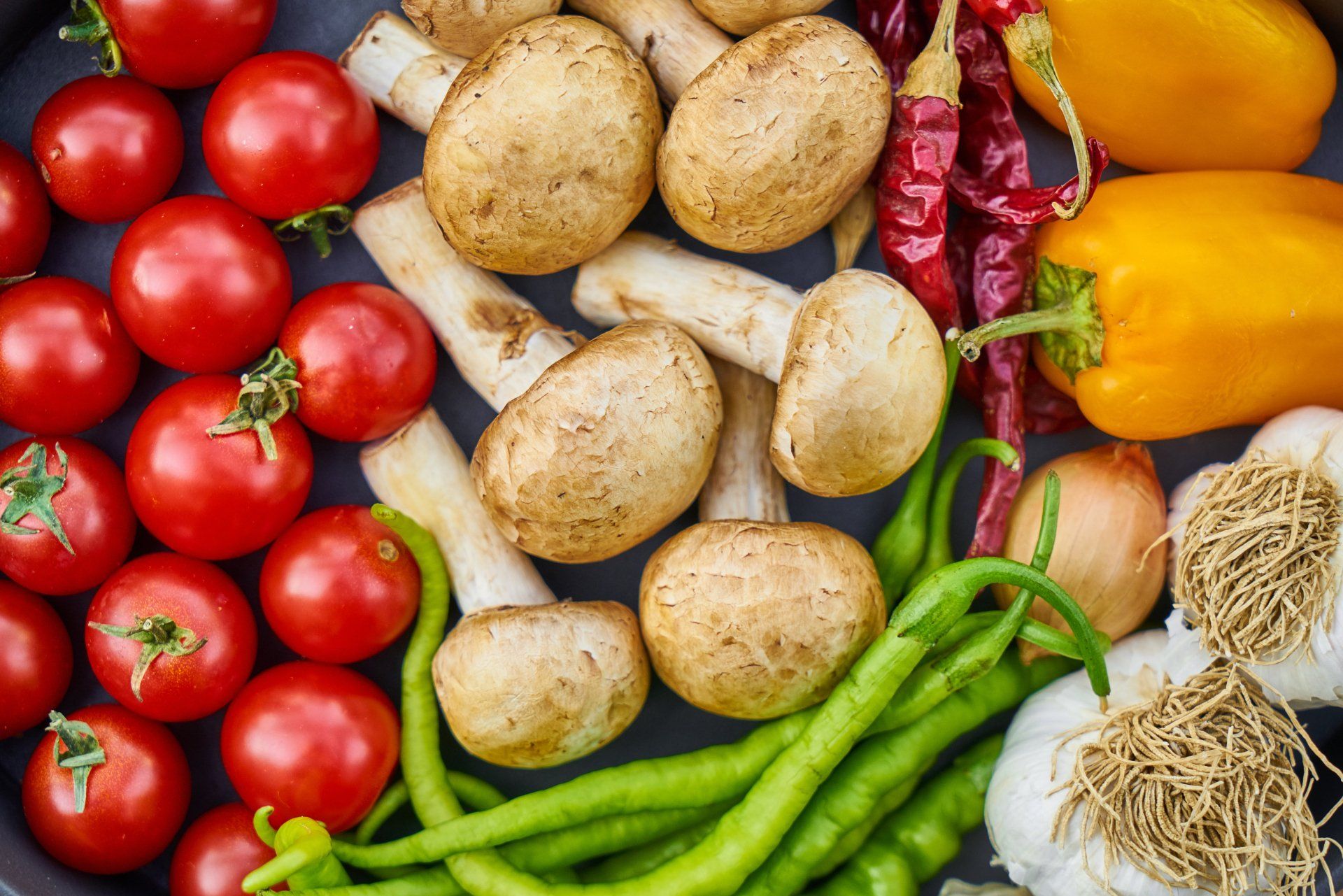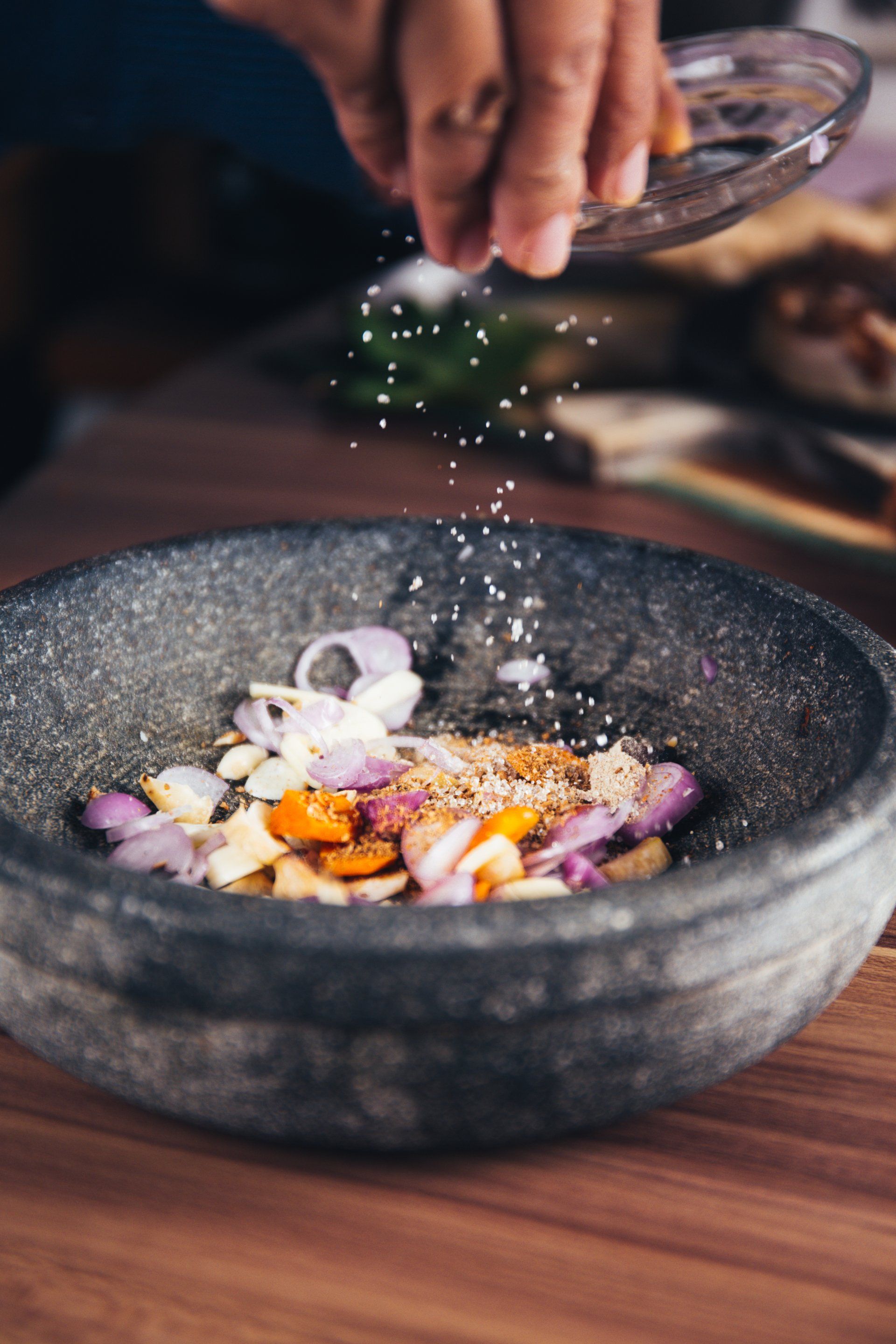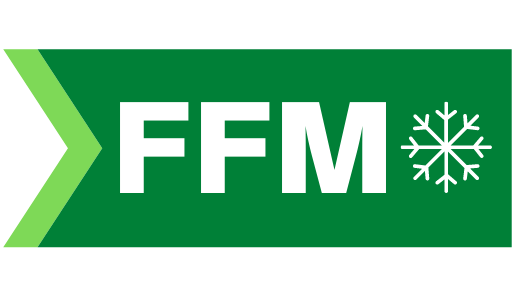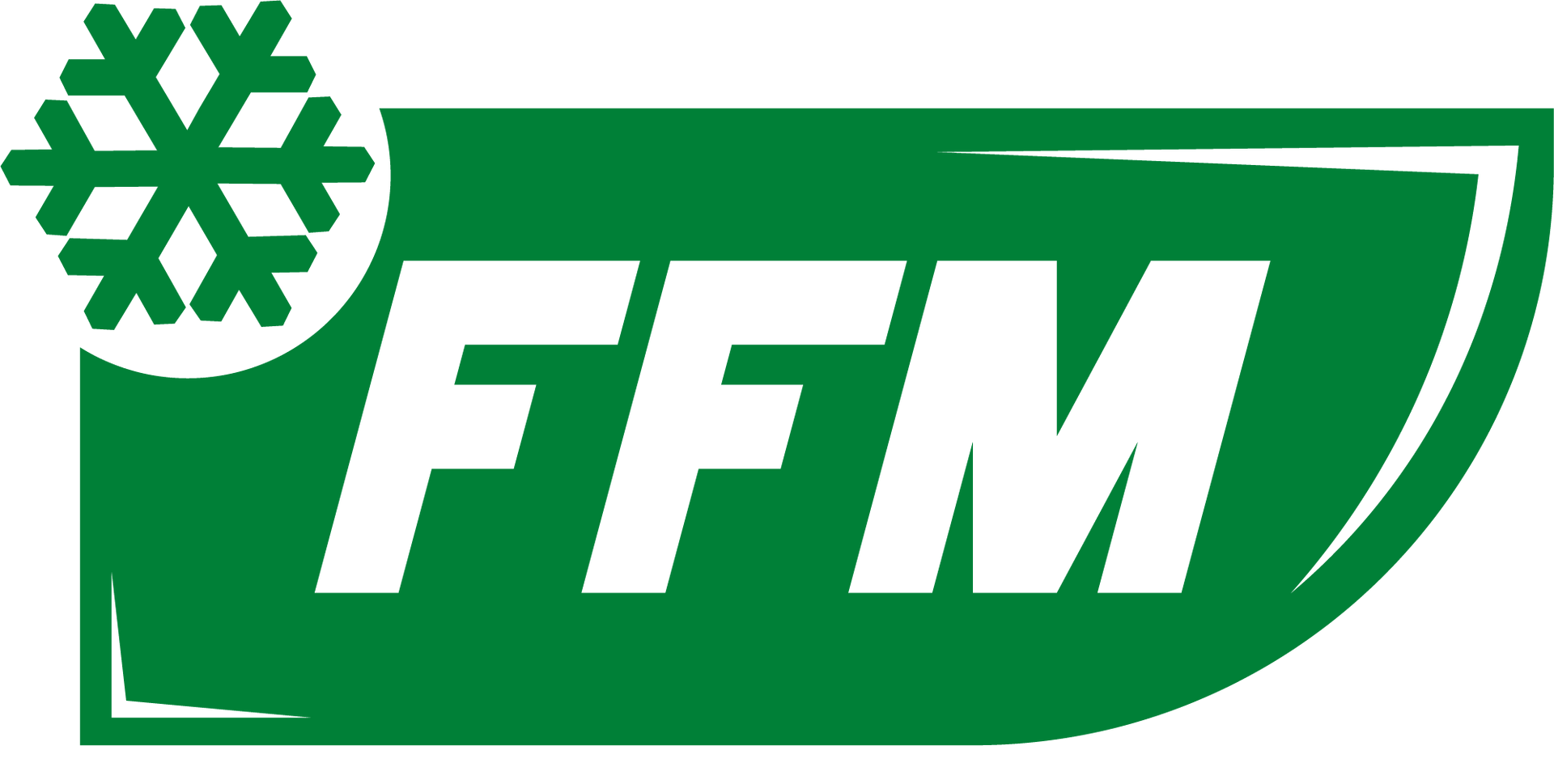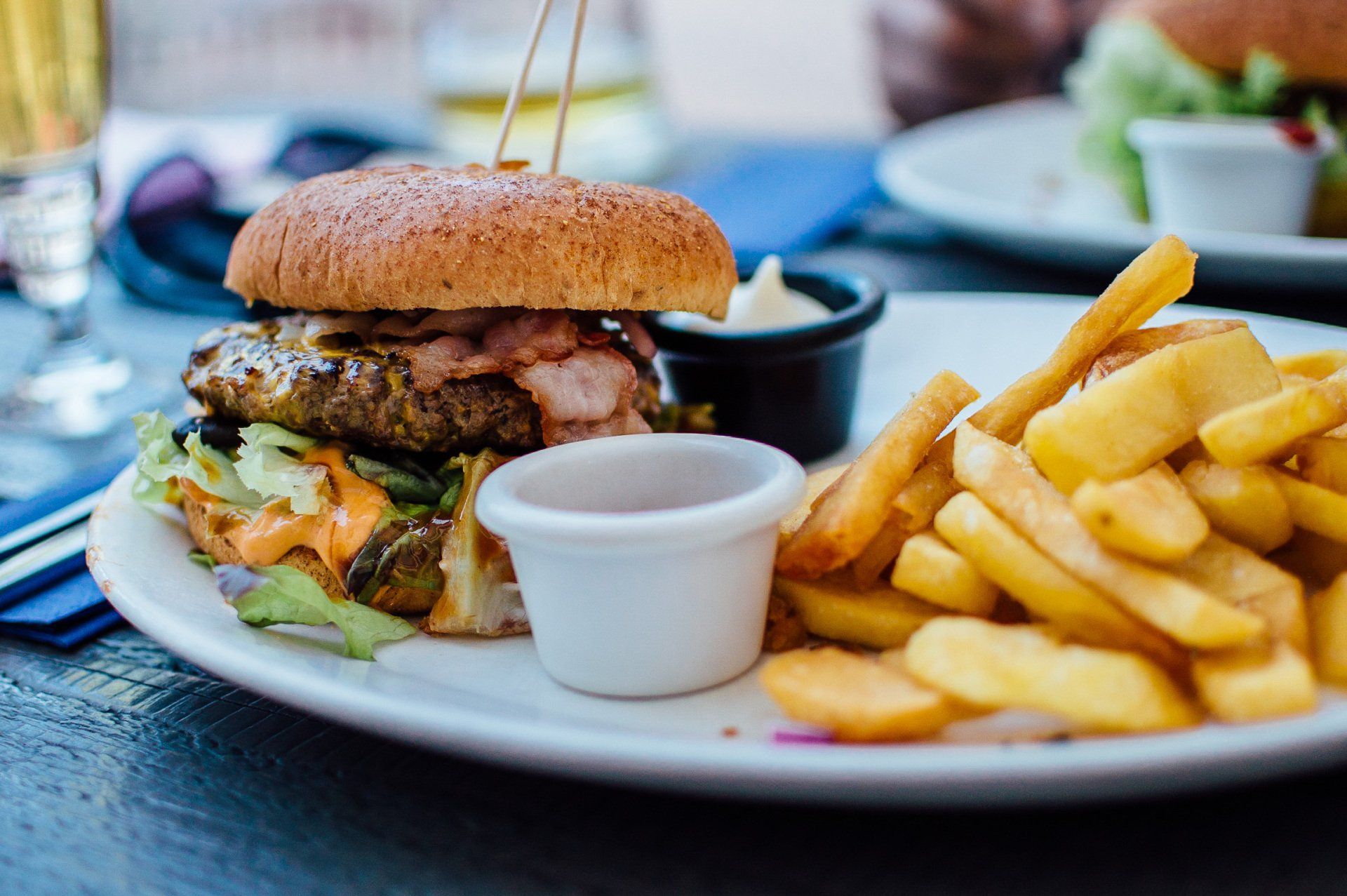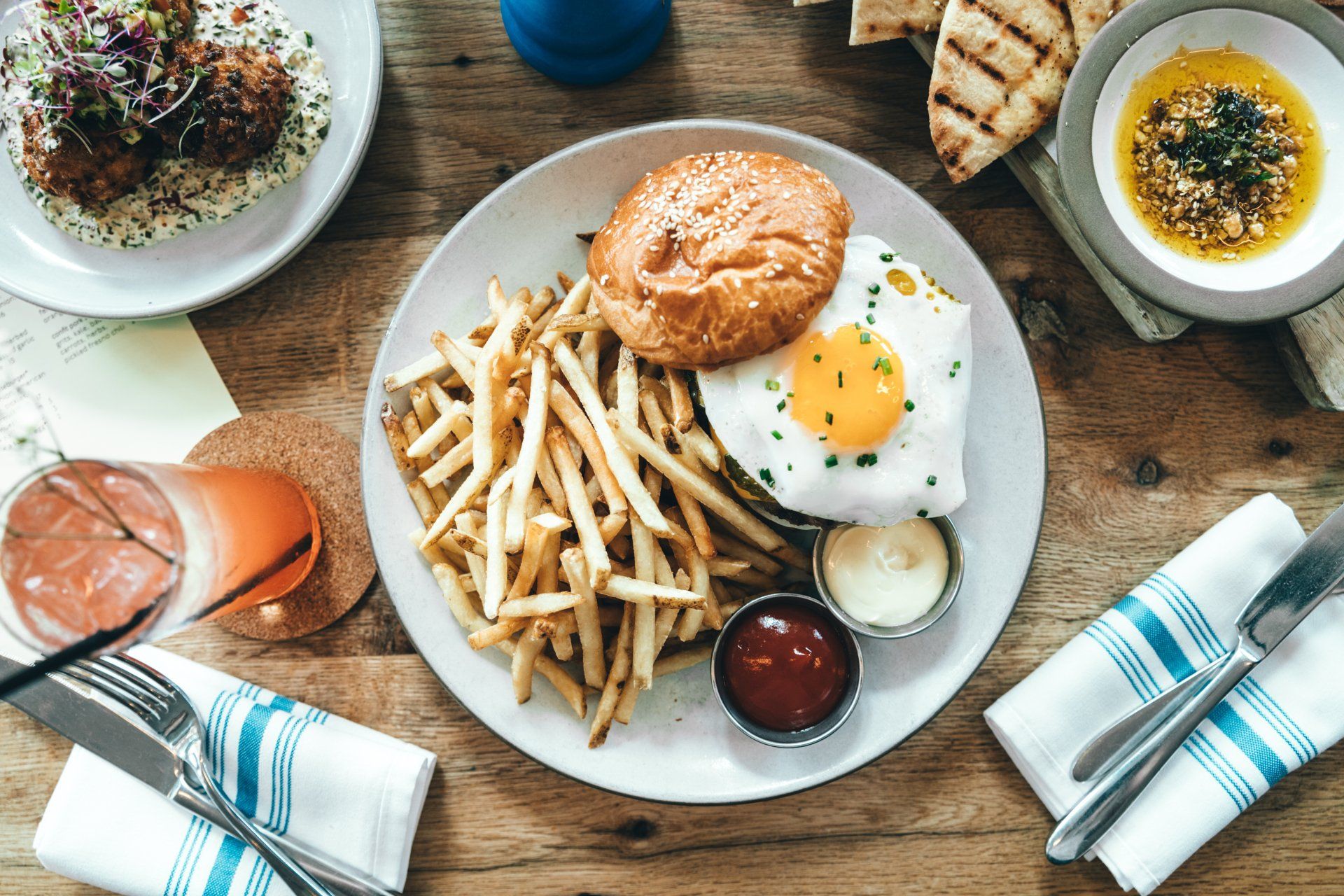Top Considerations for Successful Co-Packing Relationships
In any business venture, establishing a cooperative relationship with a supplier or service provider is crucial to maintaining a successful operation. Co-packing relationships between frozen food manufacturers and their co-packers are no exception. Co-packing, or contract packaging, involves outsourcing specific packaging or production activities to an external party. This kind of partnership enables manufacturers to focus on other aspects of their business, such as product development and distribution, while co-packers help cover the rest.
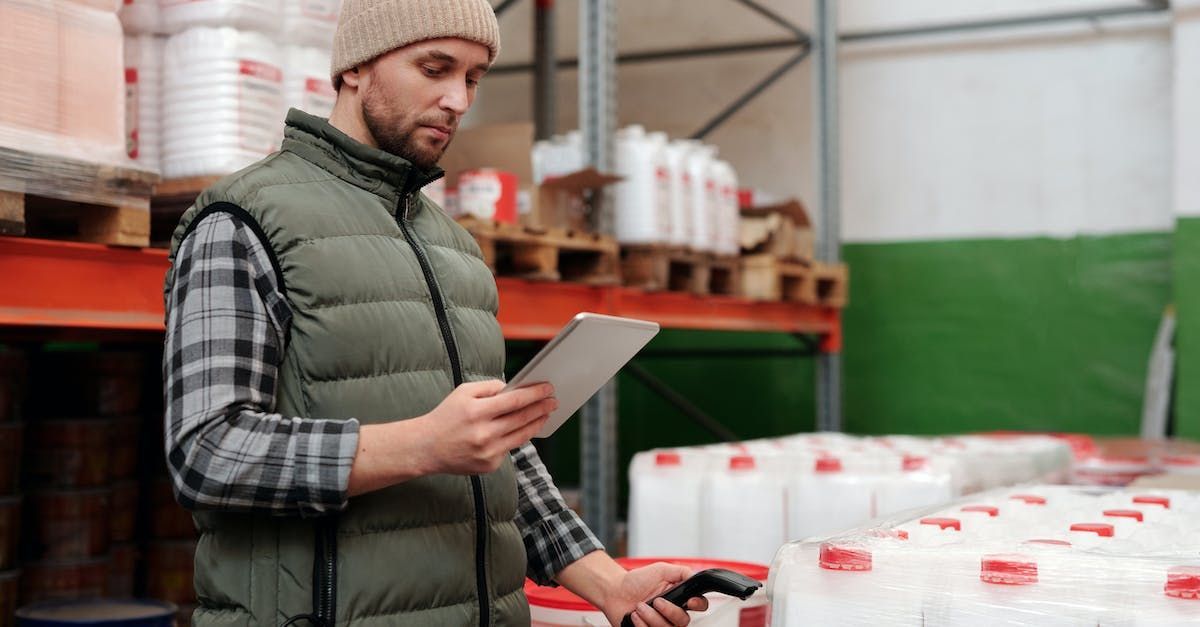
With the growing demand for high-quality, innovative frozen food products, it’s essential to establish and nurture successful co-packing relationships. Here are the top considerations for achieving just that.
Communication and Trust
Effective communication is key to building a solid relationship with your co-packer. It’s crucial to establish open lines of communication that ensure that both parties understand the project’s goals, timelines, and expectations. Regular check-ins and updates can prevent misunderstandings and miscommunications that can result in potential setbacks or delays. Trust also plays a vital role in the collaborative process. Co-packers must have confidence in your ability to deliver products, materials, and detailed specifications on time, and in the condition requested.
Quality Assurance
A food product’s quality assurance process is essential to maintaining the manufacturer’s reputation and customer satisfaction. When seeking out co-packers, businesses must examine their capabilities and procedures in detail. Do they have a food safety certification? Do they have a robust quality assurance process to ensure that products are free of potential contaminants and meet all industry standards? These are questions manufacturers must ask to achieve successful co-packing collaboration.
Flexibility
The frozen food industry has seasonal manufacturing demands. Important considerations include your co-packer’s capabilities to accommodate large production runs in peak seasons. It is also essential to establish your co-packer's capacity to provide fast turnaround times, particularly in the case of exceptional demand in the market. Can they upscale or downscale production based on your business requirements and reassess based on your growth? Flexibility also involves their ability to adapt to your brand guidelines and incorporate any potential changes in the future.
Cost-Effectiveness
Cost is one of the primary considerations in any business decision, and co-packing is not an exemption. Before starting the collaboration, it's important to assess their pricing model. The cost of materials, labor, and tools, plus any markup for profit, can vary from co-packer to co-packer. However, it would be best to look beyond the numbers and analyze their industry experience and reputational standing.
Innovation and Agility
The frozen food industry is continually evolving. Manufacturers need more than scalability from their co-packer; they need innovation and agility from their co-packer as well. Innovation and agility involve leveraging new technology, improvising new product development, and the ability to pivot when market demands change. The ability to be agile, responsive, and innovative in the industry's dynamic marketplace is critical to staying competitive in the long run.
Successful co-packing relationships for manufacturers in the frozen food industry require a blend of communication, trust, quality assurance, flexibility, cost-effectiveness, and innovation. Finding a co-packer that provides value and supports your business goals can be challenging. By taking the time to assess and prioritize these critical considerations, manufacturers can establish strong partnerships that successfully maximize efficiency and productivity in their packaging and production process. In sum, selecting the right co-packing partner is essential to maintain a competitive edge and stay ahead of the curve against the competition.
